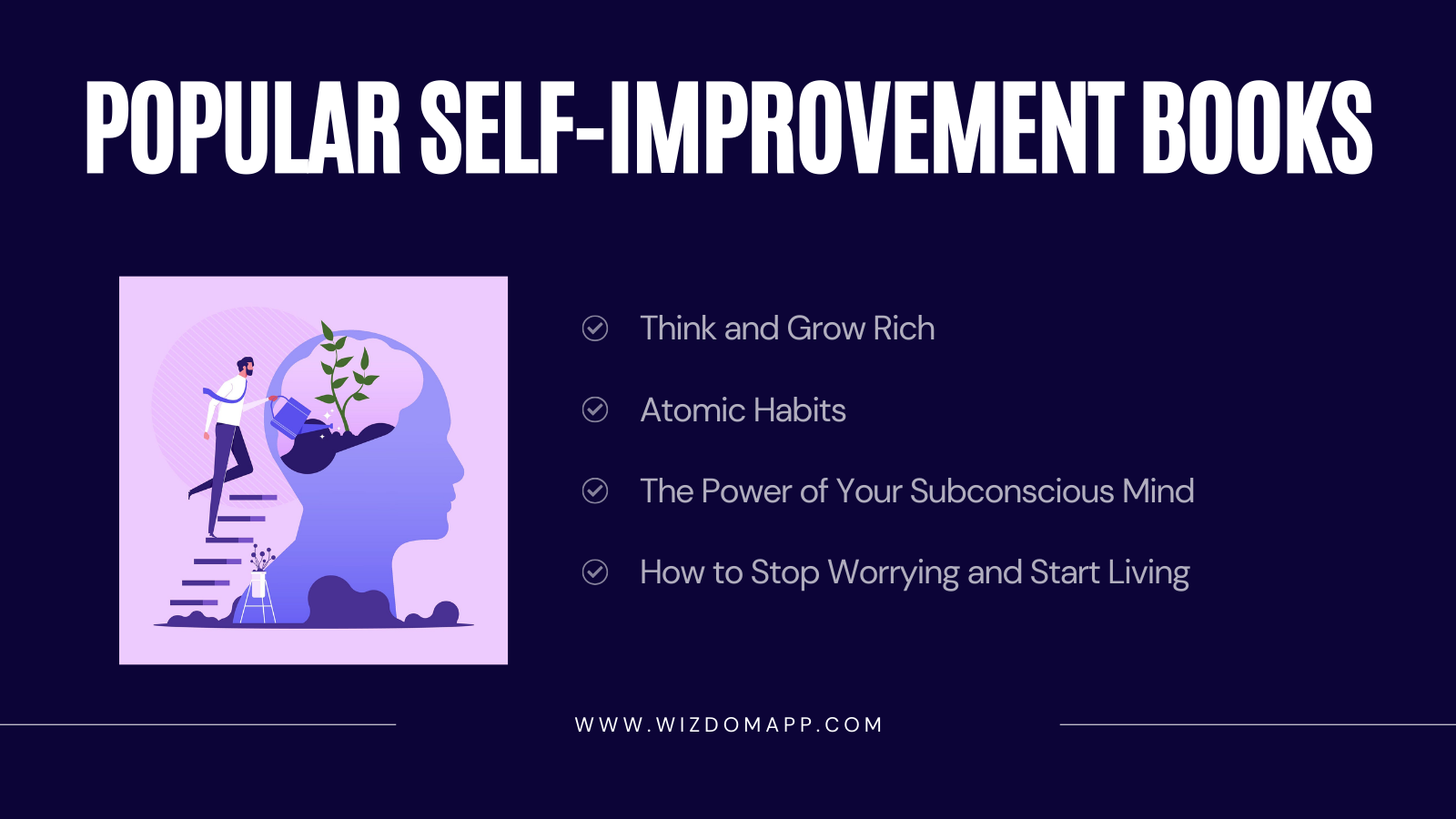Leadership and teamwork are often buzzwords tossed around in job descriptions, workshops, and motivational speeches. But, if we’re being honest, mastering these skills isn’t exactly as simple as it sounds.
We all know that person who tries to lead but ends up more like a traffic jam than a traffic director. Leadership isn’t about titles, and teamwork isn’t just about agreeing with everyone around the table. It’s about inspiring others, making tough calls, and navigating group dynamics without pulling your hair out.
If you’re looking to upgrade your leadership skills or become the person everyone actually wants to work with, you’re in the right place.
Let’s dive into some essential leadership and teamwork skills that’ll help you become a strong, effective leader and a reliable team player.
-
Contents
- 1 Leadership Starts with Self-Awareness: Know Thyself
- 2 Develop Emotional Intelligence: Your Secret Weapon in Leadership
- 3 Communication: The Lifeblood of Leadership
- 4 Decision-Making Skills: Don’t Freeze Under Pressure
- 5 Conflict Resolution: Channelling Your Inner Diplomat
- 6 Trust-Building: Your Team Needs to Believe in You
- 7 Leading by Example: Be the Leader You’d Want to Follow
- 8 Embrace Adaptability: The Key to Staying Relevant
- 9 The Power of Delegation: Share the Load
- 10 Develop Your Leadership Skills with Wizdom
Leadership Starts with Self-Awareness: Know Thyself
It’s hard to lead others if you don’t understand yourself. Self-awareness is the backbone of good leadership. Why? Because if you’re unaware of how you react under pressure, your strengths, and those inevitable blind spots, you may end up leading people down the rabbit hole rather than up the ladder.
Consider asking yourself these questions: What motivates you? What are your natural strengths, and what are the areas where you need a little polishing? A great leader acknowledges their limitations and learns to lean on the skills of others. Self-awareness isn’t about being perfect; it’s about knowing your tendencies and adjusting when necessary. And hey, a bit of self-reflection never hurt anyone.
-
Develop Emotional Intelligence: Your Secret Weapon in Leadership
Now that you’ve figured yourself out, it’s time to understand others. Emotional intelligence (EQ) is a superpower in leadership. It helps you navigate people’s emotions and reactions, allowing you to communicate more effectively, build rapport, and avoid misunderstandings that can derail teamwork.
EQ is all about empathy, active listening, and knowing when to pause before responding – especially if someone’s having a rough day. As a leader, showing that you understand and care about your team members’ feelings can go a long way in building trust. Plus, people tend to follow leaders who make them feel valued, not like cogs in the machine.
-
Communication: The Lifeblood of Leadership
Leadership and teamwork both rely on solid communication. Great leaders know that clear communication sets the tone for a successful team. That means being direct without being harsh, open without oversharing, and approachable without letting everyone think you’re their personal therapist.
Effective communication involves active listening, providing constructive feedback, and articulating your thoughts clearly. Whether you’re leading a brainstorming session or sending out a group email, your team needs to understand your expectations and vision. And remember, communication is a two-way street; encourage your team to share their ideas and concerns openly.
-
Decision-Making Skills: Don’t Freeze Under Pressure
Leadership often comes down to making decisions, big and small. And no, not just deciding where to go for team lunch. Strong leaders are comfortable making tough calls, even when the outcome isn’t crystal clear. The trick? Weighing the pros and cons, gathering input, and trusting your instincts without overthinking every step.
One way to improve decision-making skills is to practise decisiveness in low-stakes situations and build from there. Sometimes, the worst thing a leader can do is stall and leave everyone in limbo. Your team will respect you more for making a decision – even if it’s not perfect – than for endlessly hesitating.
-
Conflict Resolution: Channelling Your Inner Diplomat
Let’s face it: where there’s teamwork, there’s bound to be conflict. Strong leadership includes handling conflict in a way that minimises drama and maximises solutions. Instead of letting disagreements fester, approach them with a problem-solving mindset.

A good leader knows when to step in to resolve conflicts, and when to let the team work it out on their own. Conflict isn’t necessarily a bad thing; sometimes it brings out different perspectives that can lead to innovative solutions. But as a leader, it’s crucial to keep everyone focused on the goal and prevent disagreements from derailing the team’s progress.
-
Trust-Building: Your Team Needs to Believe in You
Trust is the glue that holds leadership and teamwork together. Your team needs to feel like they can rely on you – not just as a boss but as someone who has their back. Building trust isn’t something you can accomplish overnight; it takes time, consistency, and a lot of authenticity.
Show up for your team, be transparent about your decisions, and admit when you’re wrong. When people see that you’re honest and genuinely care about their success, they’ll trust your leadership and support your vision. Trust transforms a group of individuals into a true team.
-
Leading by Example: Be the Leader You’d Want to Follow
“Do as I say, not as I do” is a quick way to lose respect. If you want to cultivate leadership and teamwork, start by leading by example. If you want your team to be punctual, show up on time. If you want them to communicate openly, model that behaviour yourself.
Leading by example is about practising what you preach, even when it’s tough. When your team sees that you’re willing to do the work and hold yourself to high standards, they’ll be more inclined to follow suit. Remember, actions speak louder than words, especially in leadership.
-
Embrace Adaptability: The Key to Staying Relevant
In a fast-paced world, adaptability is a cornerstone of effective leadership. Being adaptable doesn’t mean you abandon your principles at the first sign of change; it means you’re flexible enough to adjust your strategies as situations evolve. An adaptable leader is open to new ideas, ready to learn, and prepared to pivot when necessary.
Encourage your team to approach challenges with a growth mindset. Adaptability in leadership helps foster a resilient team that can handle setbacks and keep moving forward.
-
The Power of Delegation: Share the Load
One common pitfall of new leaders is taking on everything themselves. Delegation isn’t about dumping tasks onto others; it’s about empowering your team to take ownership and develop their own skills. By sharing responsibilities, you show trust in your team’s abilities, which boosts morale and productivity.
Plus, when you delegate effectively, you free up time to focus on big-picture leadership tasks. Remember, trying to do everything on your own won’t just lead to burnout – it also robs your team of opportunities to grow.
Develop Your Leadership Skills with Wizdom
If you’re looking to build your leadership skills without wading through endless self-help books, check out the Wizdom app. It’s packed with insights from the world’s best books on leadership, productivity, and self-improvement – all condensed into bite-sized lessons you can absorb on the go. Download Wizdom and start your journey toward becoming the leader you aspire to be.

Zia Hawwa
Currently pursuing a Degree in Criminology, Zia’s passions lie in the world of literature and the human psyche. She loves what the world has to offer, and is always on the journey of satisfying her curiosity.
Recent Posts
- 25 Top Quotes from The 10X Rule to Supercharge Your Ambition
- 10 Books You Must Read to Succeed in Your Career
- 30 Little Tricks for Big Success in Relationships
- 25 Life-Changing Self-Help Books to Read This December: Boost Your Mood and Your Mind
- 25 Amazing Self-Care Tips for December: Wrap Yourself in Joy, Not Stress









